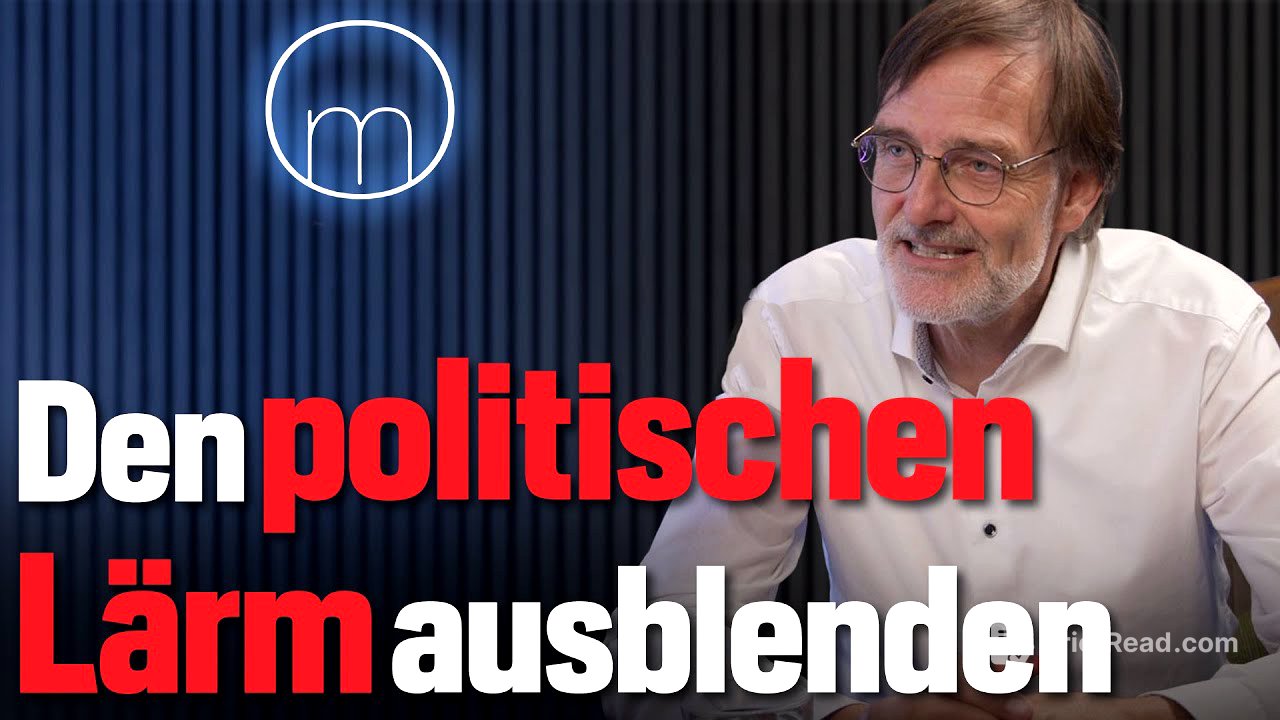TLDR;
This video features Thomas Gruse, CIO and Managing Director at Mundi Germany, discussing the outlook for the second half of the year in the context of economic growth, trade policies, and investment strategies. He touches on the impact of tariffs, the strength of the dollar, and the potential for economic stimulus in Europe and emerging markets.
- Tariffs and trade policies will continue to cause short-term volatility, but are unlikely to cause a recession in the US.
- The weakness of the dollar is a concern, particularly regarding its status as a reserve currency.
- Europe is expected to continue attracting funds, making it an overweight in investment strategies, while emerging markets also present interesting opportunities.
Intro/Einleitung [0:00]
The video begins with an introduction to the topic: the economic outlook for the second half of the year. The first half of the year had many twists and turns, but was quite decent at the end of the day. Thomas Gruse is introduced as a guest to provide insights into what to expect in the coming months.
Zölle belasten nur kurzfristig: Den Politischen Lärm daher ausblenden [2:10]
The discussion starts with the impact of tariffs and trade policies. The initial expectation was that tariffs would be phased out, but recent announcements suggest that the issue is being brought to the forefront again. The speaker interprets Trump's announcements as a message to various countries, including the EU, to negotiate or face consequences. Despite the potential for surprises, it's assumed that agreements will eventually be reached to avoid significant trade disruptions and supply bottlenecks. The advice is to block out some of the political noise and concentrate on the strategic position.
das erwarten wir für die USA im zweiten Halbjahr [6:20]
Looking at the US in the second half of the year, economic growth is expected to continue, although not at the same pace as before. The market has become relatively resilient, and while the issue of debt and trust in American politics remains, the lower dollar is benefiting American companies that export heavily.
Trumps Big Beautiful Bill FLuch oder Segen? [8:00]
The conversation shifts to Trump's "Big Beautiful Bill" and its impact on the American economy. While the tax breaks are good for companies and attract businesses to the US, they also contribute to increasing debt. The debt ratio is approaching 140% of gross domestic product, which is a concern. The weakness of the dollar, partly intended by the US administration, is a double-edged sword, as it risks undermining confidence in the US dollar as a reserve currency. The independence of the Federal Reserve is also under pressure, with potential implications for the currency.
Europa weiter übergewichten? [17:30]
The discussion turns to Europe, where capital has been flowing in since the beginning of the year. This trend is expected to continue, with the euro gaining importance against the dollar. Europe is seen as an overweight in investment strategies, supported by factors such as Germany's willingness to address the debt brake and increased defense spending. However, it's crucial for Europe to take concrete actions to exercise its sovereignty and stimulate economic growth.
Diese Märkte sind jetzt spannend [25:45]
The focus shifts to emerging markets, which are benefiting from the weakness of the US dollar. These markets have the opportunity to stimulate their economies by reducing interest rates. China is also expected to benefit more in the second half of the year, with potential for further economic stimulus. Japan, on the other hand, faces challenges due to the weakness of the Japanese yen. The discussion also touches on the importance of selectively investing in technology and the relative attractiveness of Europe compared to the US from a valuation perspective.









